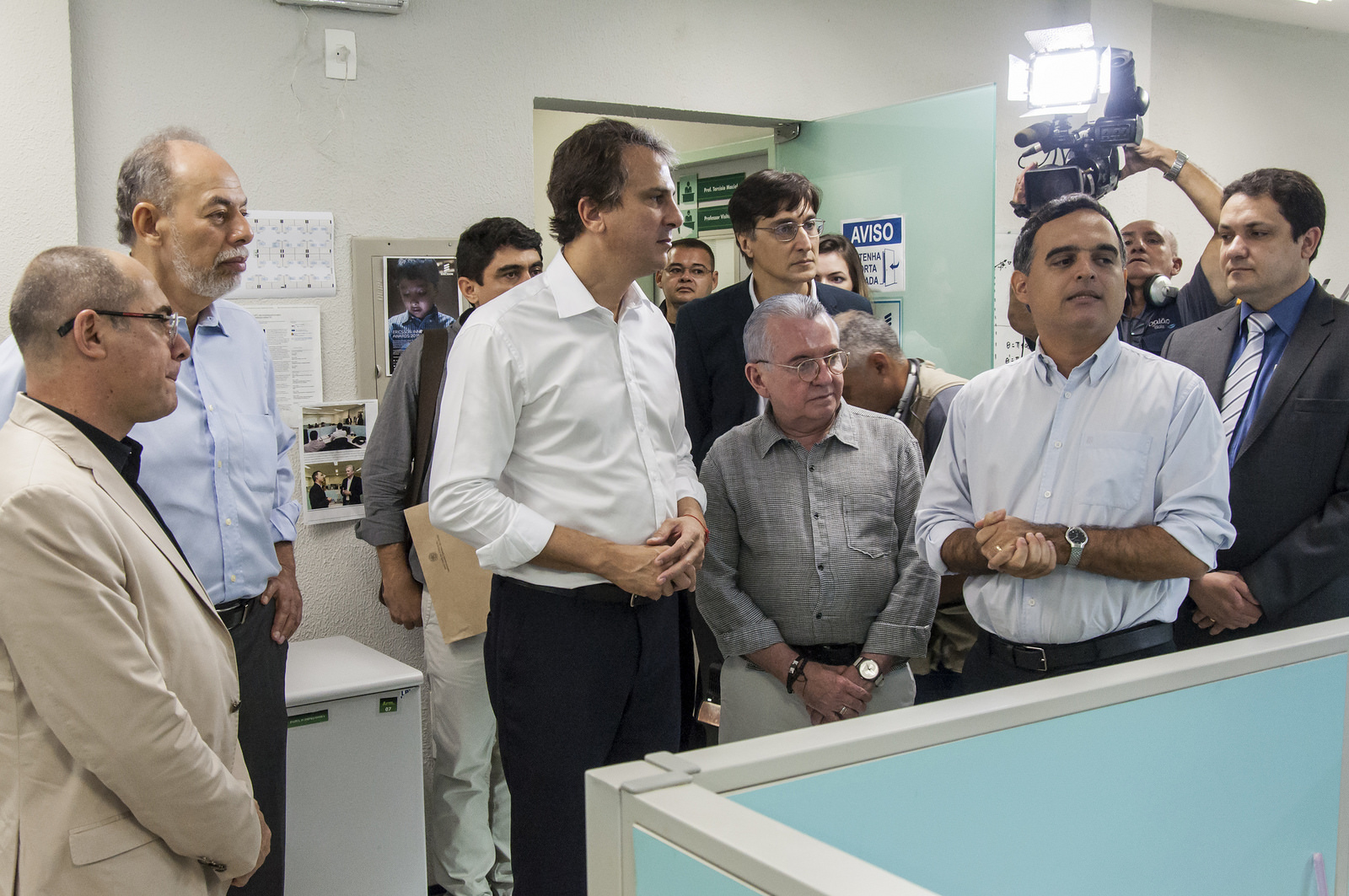GTEL 20 YEARS
Introduction
The Federal University of Ceará (UFC), through the Wireless Telecommunications Research Group (GTEL), is part of the world's next-generation mobile broadband scenario, which is allowing access to the Internet on mobile devices and Large-scale digital inclusion of the Brazilian population.
Located in Fortaleza, Ceará state, and linked to the Department of Telecommunication Engineering (DETI), the GTEL was created in the year 2000 with the Mission of developing technology in wireless communication, through academic and applied research, conducted by Professors, undergraduate and graduate students of the UFC. The works developed always aim, through mathematical models, to optimize the use of mobile telephony to ultimately cheapening costs and make the service more reliable and safe for users, besides integrating the current technologies, enabling Its intercommunication. All the technical difficulties encountered in the day-to-day, such as the intense traffic of radio signals from large cities and the limitations of current network technologies, are reproduced and studied by the researchers. From there, new solutions are proposed. The GTEL is officially recognized by the UFC and registered on the basis of CNPq research groups. His work in research is in line with the postgraduate program in Teleinformatics Engineering (PPGETI), in his Masters and doctoral courses. Besides being a research laboratory, GTEL is also a center for research and development projects that works in partnership with public and private companies and funding institutions, thus creating an environment at the same time creative, innovative and Scientifically productive.
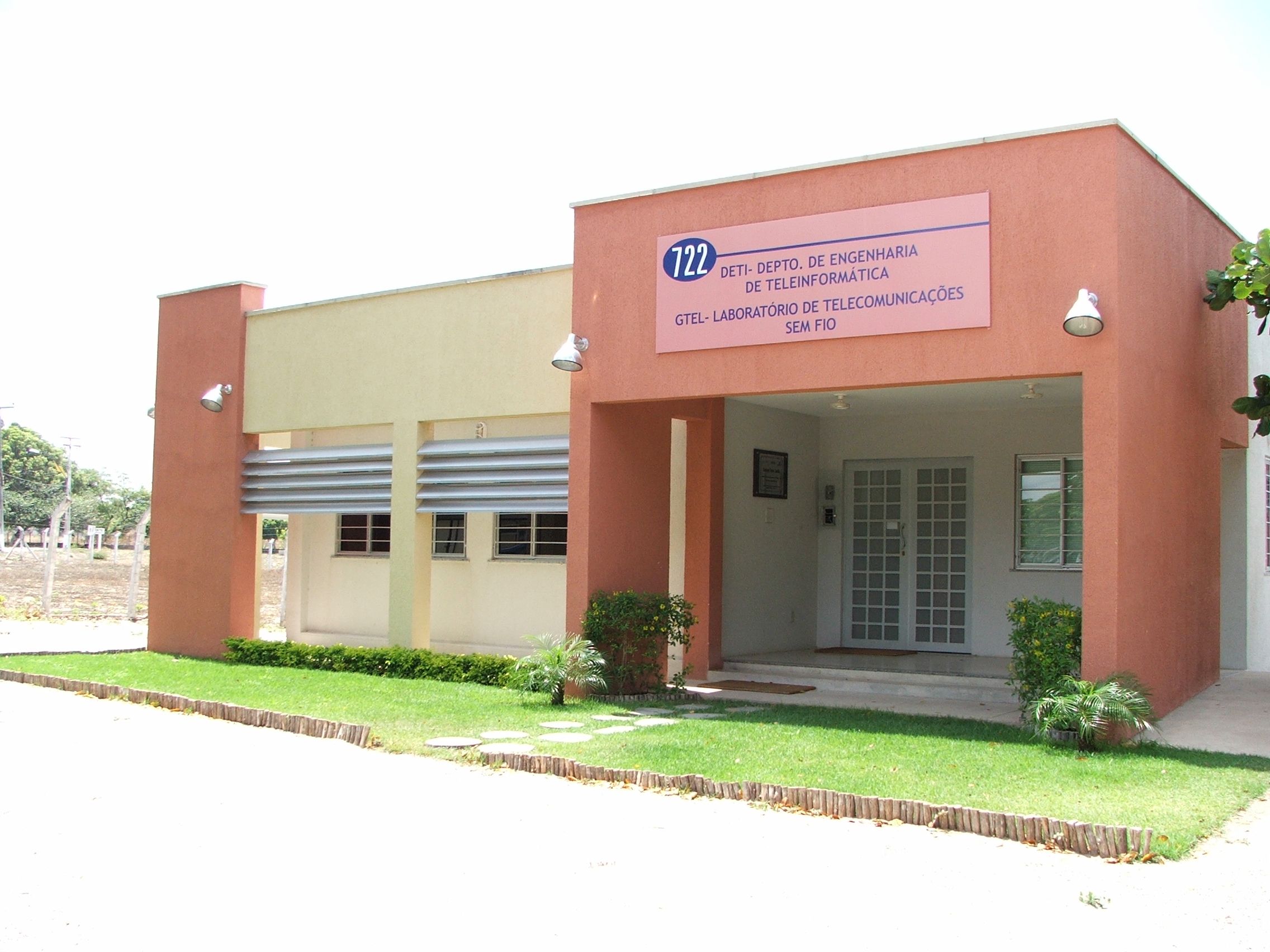
Institutional
ABOUT UFC:
Founded in 1954, the UFC is the largest institution of higher education in the state of Ceará and one of the most important in northeastern Brazil offering dozens of undergraduate and graduate courses (Masters and doctorate) in areas such as health, engineering, basic sciences and Social sciences. It is distributed on several campuses in Fortaleza and in cities in the countryside of the state of Ceará.
DEPARTMENT OF TELEINFORMATICS ENGINEERING (DETI):
The DETI has a body of PhD professors with expertise focused on telecommunications and computer systems. The DETI offers specialization courses in the lines of computer engineering and telecommunications. His post-graduation course (Master and PhD), accredited by CAPES, comprises areas of concentration in signals and systems and in applied electromagnetism.
In the line of research systems and communications networks are developed researches in wireless telecommunications, with which align the research activities of the GTEL and their projects. DETI is accredited by the Information Technology Area (CATI) Committee of the Ministry of Science and Technology (MCT) to receive the benefits of the informatics law.
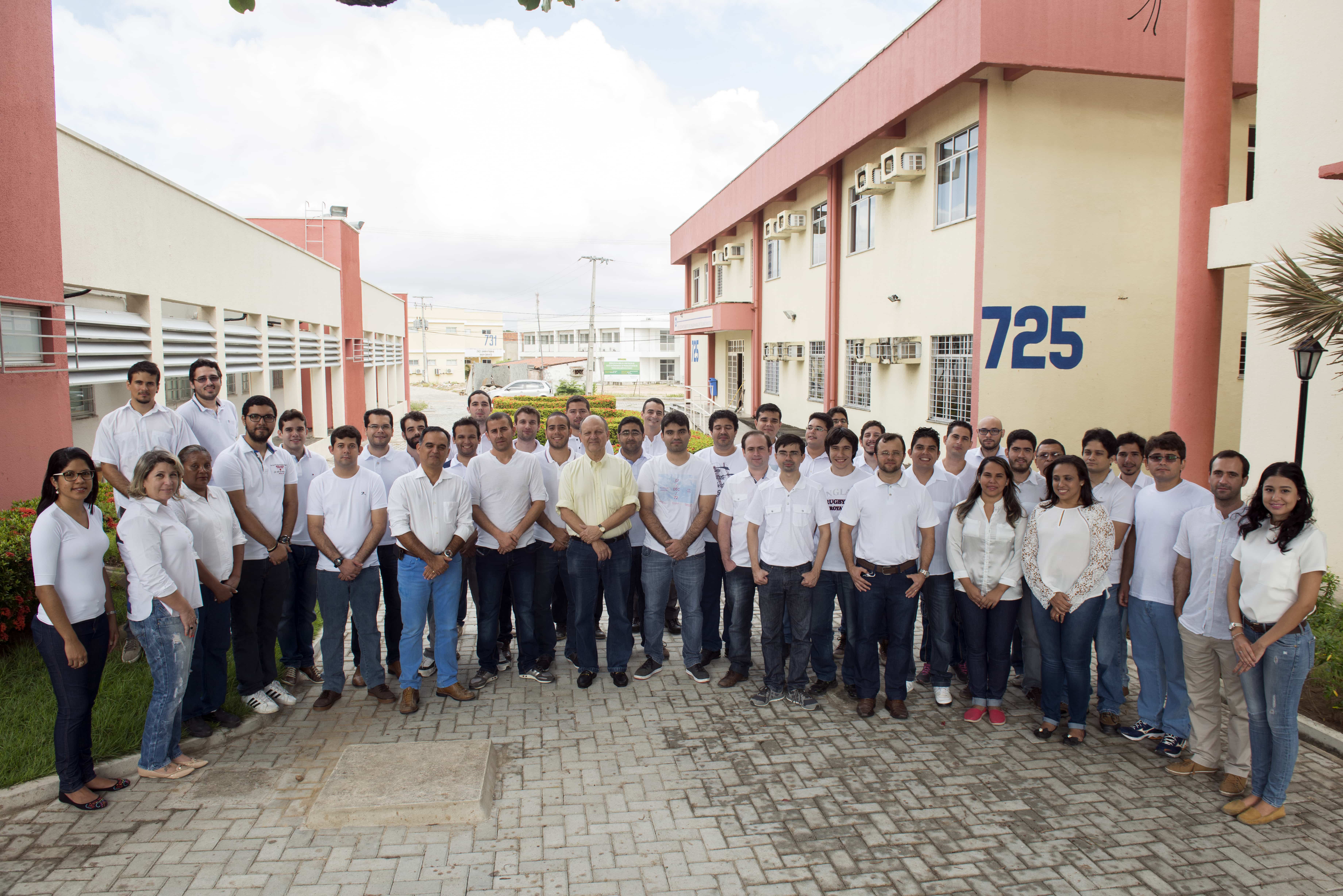
Structure & Resources
The GTEL consists of dozens of researchers, including UFC professors, post-doctoral researchers, undergraduate and graduate students, and technical-administrative support staff. GTEL surveys encompass the entire communication system chain, from the physical layer to the application. In addition to research and development, it is the goal of GTEL to contribute to the training of professionals technically qualified for the ICT sector (information and communications technologies) in Brazil.
The GTEL is located in its own building at the Pici Campus in Fortaleza, where there is adequate infrastructure to develop research and development project activities, notably computer network infrastructure and access to portals of Key journals indexed with full text. In terms of infrastructure, we highlight the high-performance computational cluster that assists the research work anchored in complex computational simulations.
The physical structure of the GTEL is inspired by reference P&D centers. The work environment is characterized by relaxation and flexibility in relation to schedules, being the work routine oriented to the results.
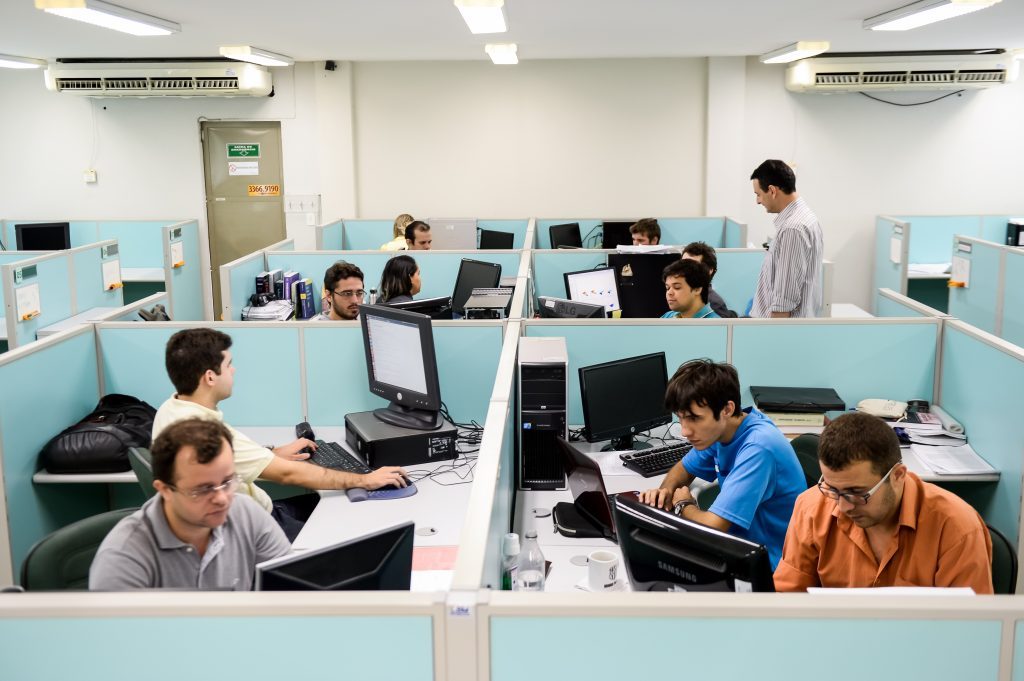
Opportunities
In the academic field, the GTEL not only offers the opportunity for its students to enter the field of scientific production, but also allows the exchange between the university and professionals from other research centers in mobile telephony in the world. Contact with other Brazilian and foreign universities of excellence in the telecommunications sector is intense. GTEL researchers constantly participate in congresses or publish their work in international journals. Ericsson's worldwide Research Center in Stockholm, Sweden, has regularly received postgraduate students linked to GTEL for short research internships.
In addition to the works already established both with the productive sector and in the academic environment, the GTEL already begins its work in research around the fifth generation of mobile telephony.
"We have a portfolio of competencies in the most diverse technical areas of wireless communications, so we can start the research in 5G," says Rodrigo Cavalcanti, coordinator of GTEL. Fifth generation systems promise multi-gigabit order transmission rates per second and must be deployed from 2020.
Interested in working in the technical team of GTEL and perform postgraduate in wireless telecommunications, send link to the respective Lattes curriculum (subject to curriculum evaluation) for email: contato@gtel.ufc.br
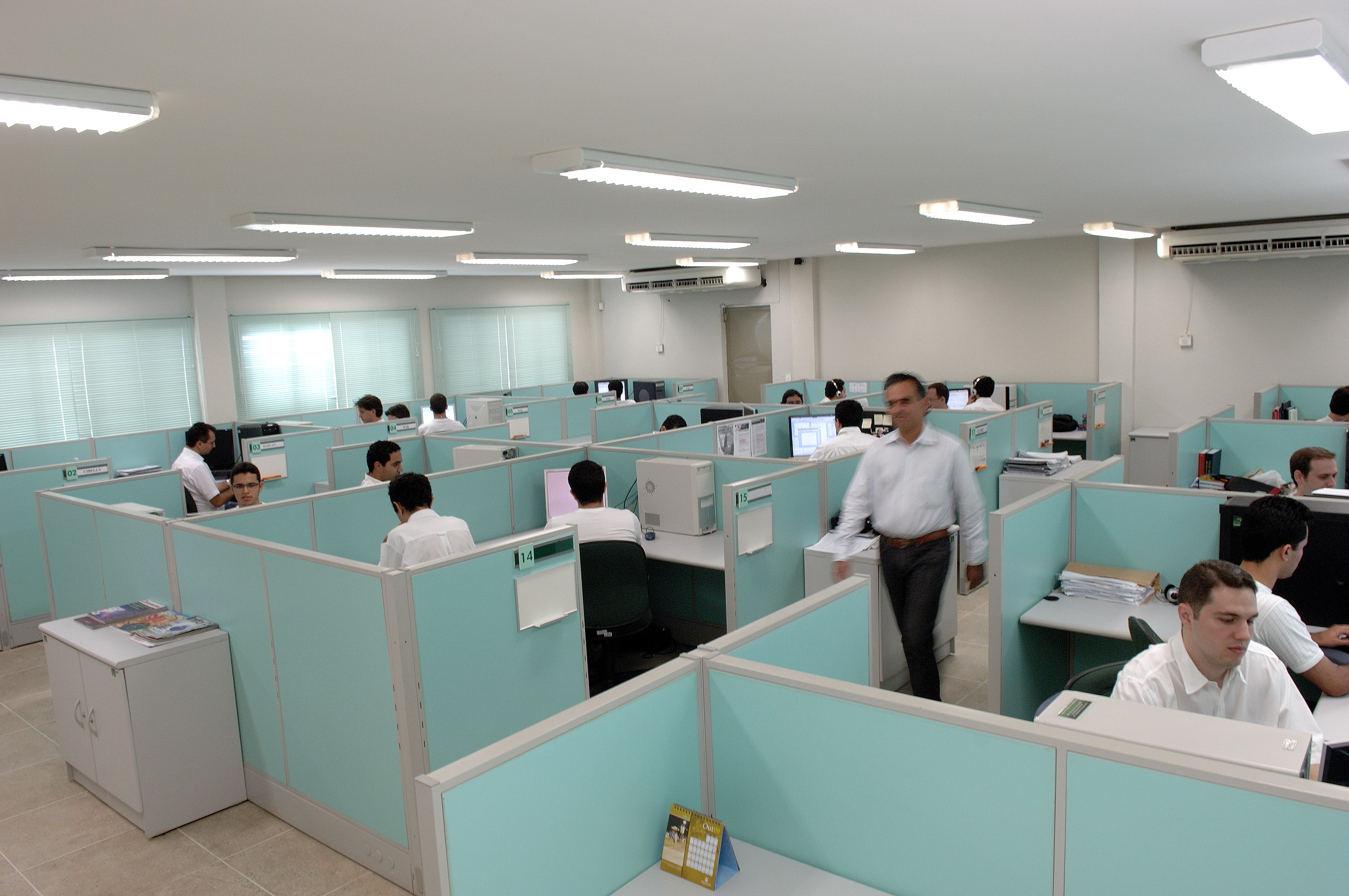
Partnerships
In addition to contributing to society, there are also benefits for the university and the academic community. Thanks to partnerships established with public and private companies, the GTEL has become an excellent opportunity for the inclusion of university students in the labor market, since the products developed by the researchers will be used for the design, Testing and deployment of new products and services created for consumers. This can be verified by the variety of occupations assumed by the graduates of the group. The knowledge generated in the projects is made public in scientific articles improving the scientific production indicators of the university. This multilateral earnings ratio has, for example, characterized the GTEL partnership with Ericsson, the world manufacturer of telecommunications network equipment, currently focused on the development of the 5G standard. The multinational telecommunications company, is a partner of GTEL since its creation year, having established projects in all the lines of research in which the GTEL operates.
